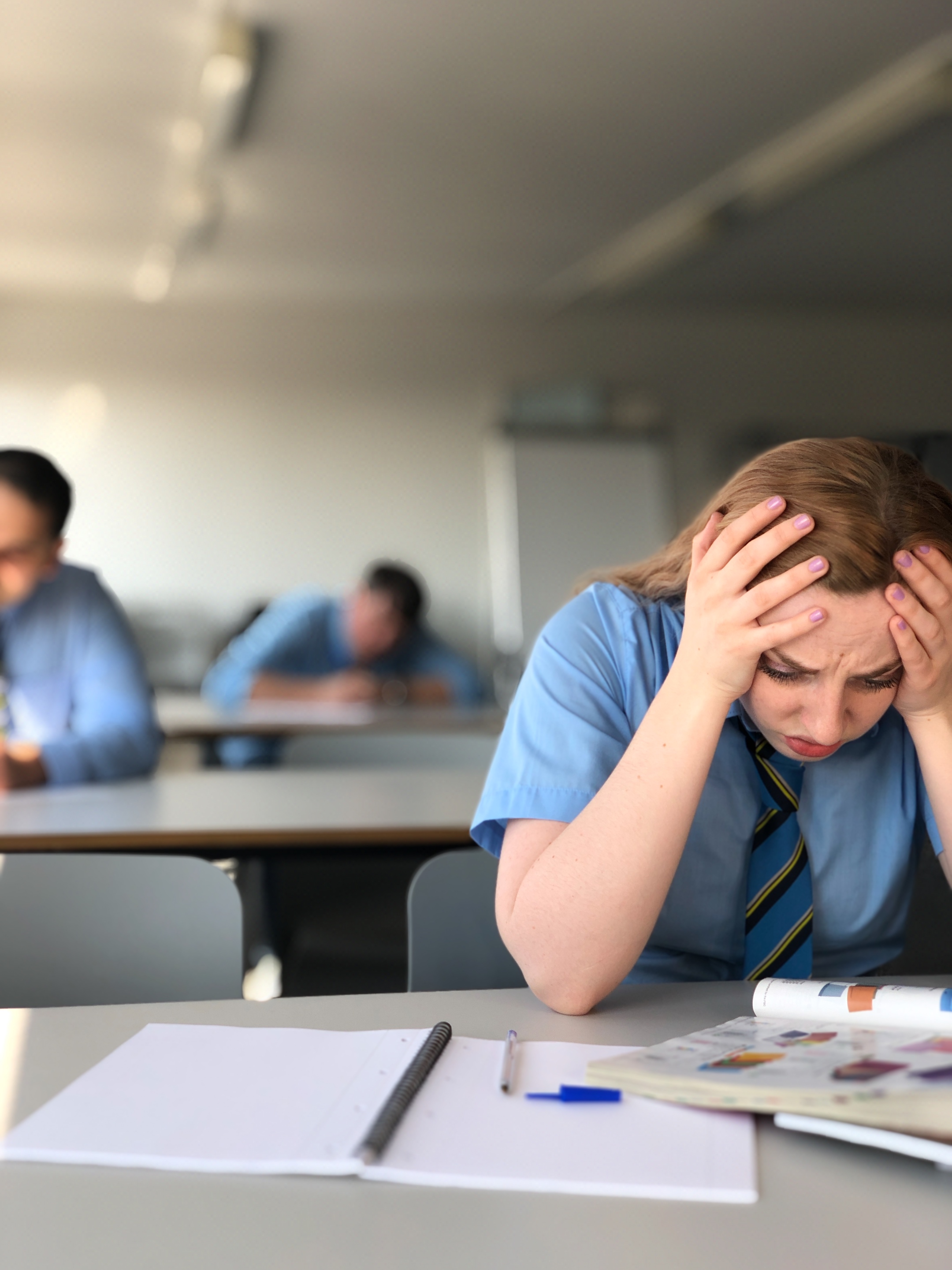
Did you know?
The Department For Education's guidance states that students should:
•be able to recognise the early signs of mental wellbeing concerns.
•have the space to learn how to talk about mental wellbeing and emotions accurately and sensitively, using appropriate vocabulary.
•gain awareness of common types of mental ill health (e.g. anxiety and depression) and possible causes (including social media)
•learn strategies for positive mental wellbeing including the benefits of physical exercise, time outdoors, community participation and voluntary and service-based activities on mental wellbeing and happiness and being connected to others.
•explore how to critically evaluate when something they do or are involved in has a positive or negative effect on their own or others’ mental health.
•know where to go to for appropriate help and support around mental wellbeing.
Loudmouth's new mental wellbeing programme uses performance, workshops, lesson plans and support. How can it help?
Concept
Exciting new theatre in education programme on mental wellbeing
This innovative programme supports schools and colleges in their teaching of mental wellbeing; both mental ill health and positive mental health.
"All classes are made up of a wide variety of children and you always deliver the workshop and drama to engage all abilities and social experiences. As always loudmouth find a way of delivering a sensitive and difficult subject in a very good way." Teacher

Objective
Supporting young people to have positive mental health
This programme debunks the myths around mental health, giving young people the space to learn how to talk about mental wellbeing and emotions sensitively. The programme uses a montage of drama scenes plus discussion workshop to show young people the common types of mental ill health and their possible causes e.g. social media, as well as giving simple, proven strategies to support positive mental wellbeing e.g. physical exercise.
Did you know?
•50% of mental health problems are established by age 14.
•70% of children and adolescents who experience mental health problems have not had appropriate interventions at a sufficiently early age
•3 students in every classroom have a diagnosable mental health problem.
•25% average increase in referrals to CAMHS.
Outcomes
Increasing pupils’ knowledge, skills and attitudes on mental wellbeing
The programme is designed to give the young people the skills to recognise the early signs of mental ill health and the knowledge and confidence to know where and how to seek appropriate support. By the end of the programme the young people will have learnt strategies to support positive mental wellbeing and how to critically evaluate how their behaviour effects their own and others mental health.
"Engaging & entertaining yet gets an important message across. Staff were professional and well researched." Teacher
The programme is available from June 2019. For more information and to book call 0121 446 4880 or click here











